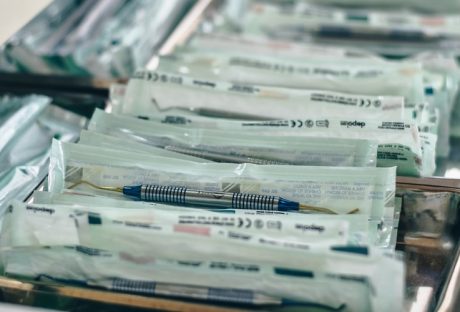Figure skating is a fun hobby that tons of people choose to partake in. No matter what the weather outside, you can head to a skating rink and enjoy a fun hour on the ice. However, what many people are unaware of is the whole host of health benefits that those who participate in the sport receive. These are what we’re going to take a closer look at in this article.
Different Ways Figure Skating Is Beneficial To Your Health
There are multiple ways figure skating is beneficial to your health. In this article, you will get the complete answer to it.
1. High-Calorie Burn:
Anyone who has ever strapped on a pair of figure skates for women and performed some laps on the ice will tell you that the activity is strenuous. The number of calories that you’ll burn in a session will depend on your speed and your weight, but to give you an idea, a 155lb woman will burn around 380 calories an hour at a slow speed, and over 600 calories an hour at a fast speed. If you have the opportunity to use an outdoor rink, you’ll burn even more, especially if the conditions are very windy. There are dozens of health benefits associated with losing weight, and figure skating is a safe and fun way to go about doing it.
2. Improves Flexibility:
Due to the nature of the sport, figure skaters need to flex their body constantly in order to maintain balance on their thin skates. Over time, the body becomes used to extending outside of its comfort level, boosting flexibility on a permanent basis. The improved level of flexibility helps to prevent the body from obtaining injuries, as the constant stretching and flexing motions make it more resilient, and can also help to make everyday tasks a lot easier due to less strain being placed on the muscles.
3. Improves Bone Density:
Bone density decreases as we age, especially in women. But, preventing this from happening can help to improve posture as well as prevent diseases like osteoporosis. Apart from adding more vitamin D to your diet, you can also improve bone density through figure skating. Research shows that placing stress on the skeleton helps to make it stronger over time. The best way to do this when skating is through jumps. Even small, low jumps can help to improve bone density over time.
4. Builds Major Muscle Groups:
Over time, figure skating can help to build major muscle groups, most notably those in the lower body. Your core, back, pelvic floor, quads, calves, and hamstrings will all be strengthened and toned, even if you only participate in leisurely skating. This can provide many health benefits. For example, a strengthened pelvic floor can help to combat urinary incontinence; something that many women struggle with after childbirth. Back pain can often be attributed to weak muscles too, which ice skating can help to relieve.
Whether you figure skate for exercise or just for fun, there are tons of health benefits associated with the sport. Have you noticed any other ways in which your health has improved after figure skating? Let us know in the comments!
Read Also:






















